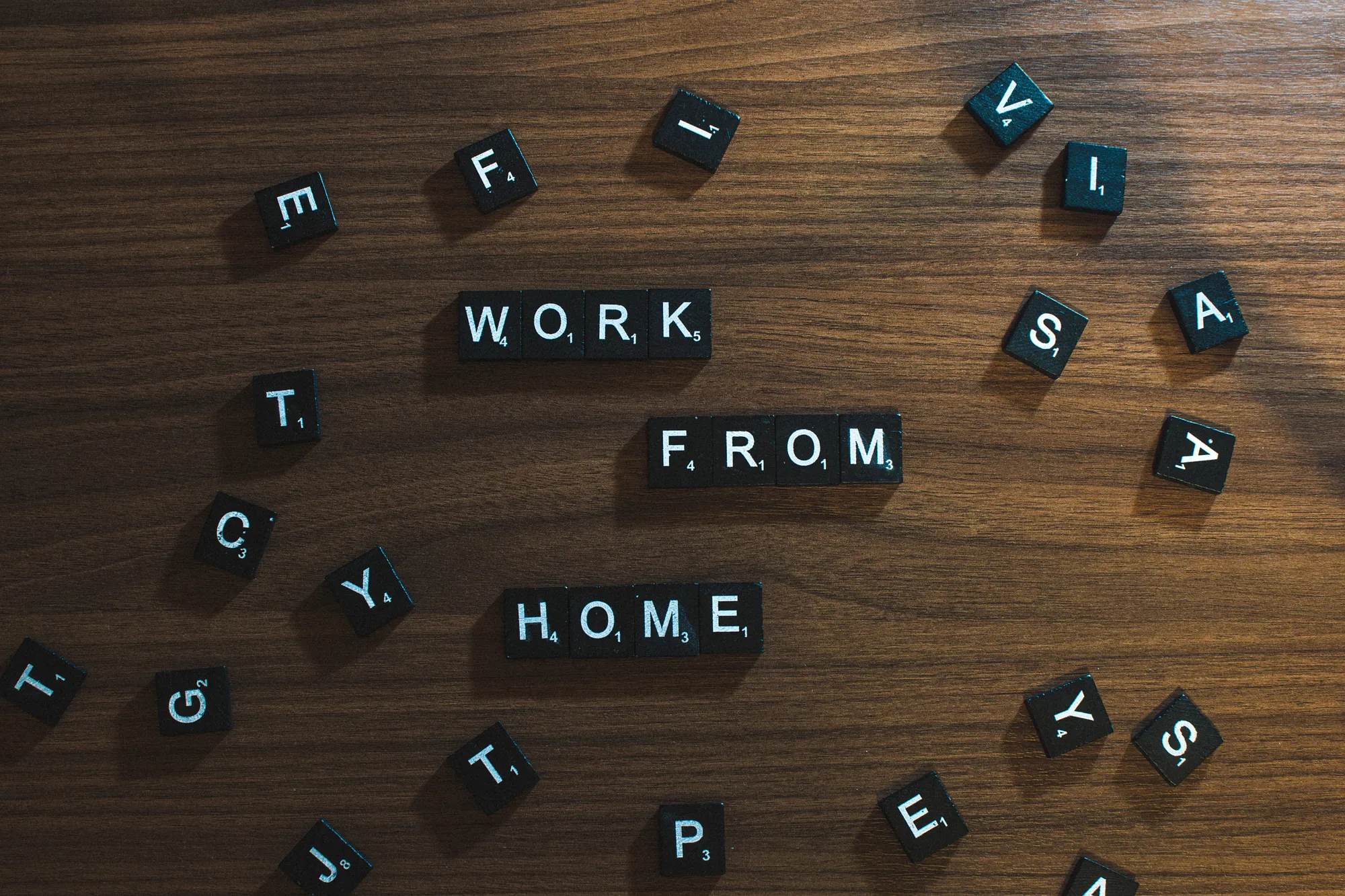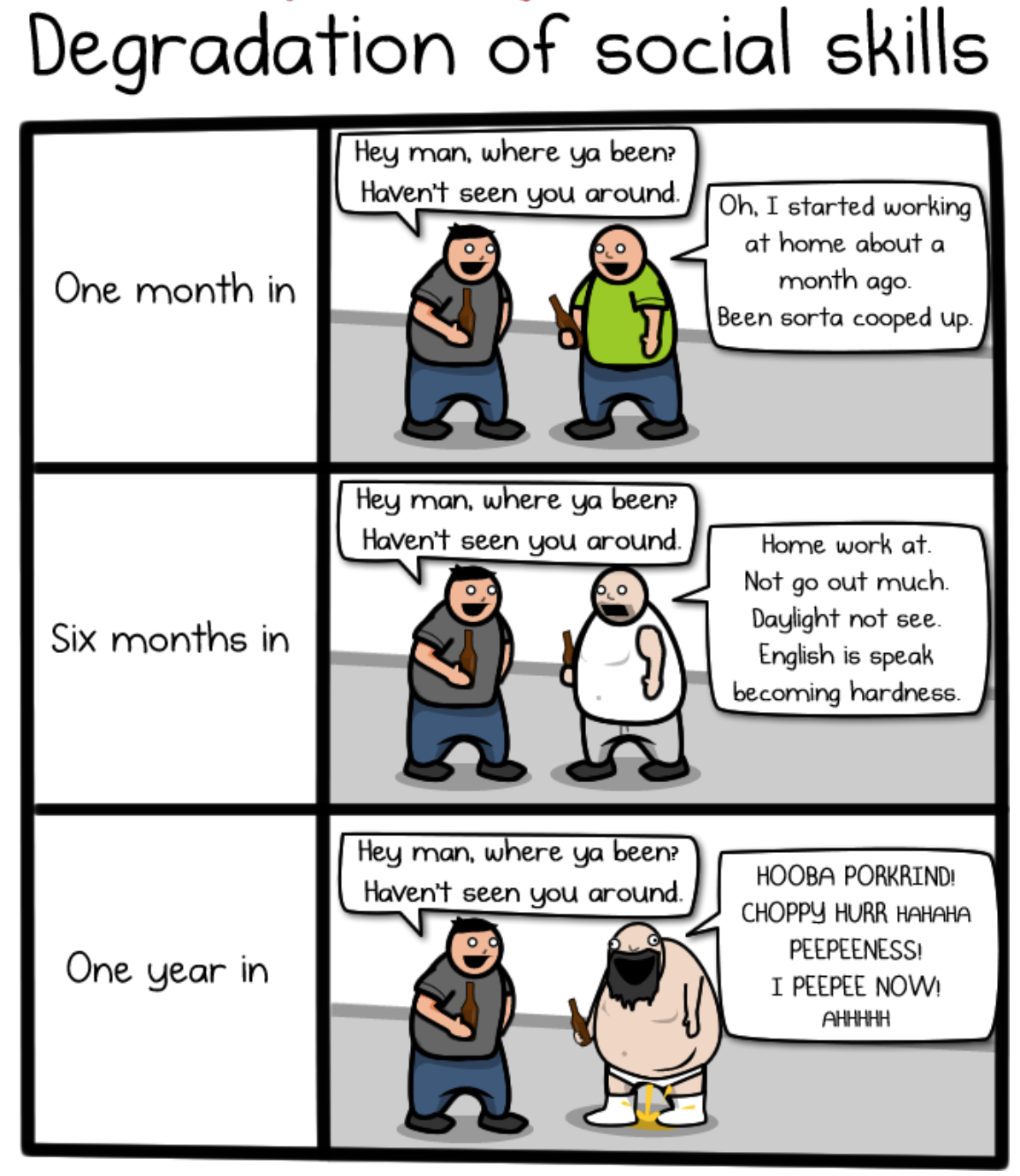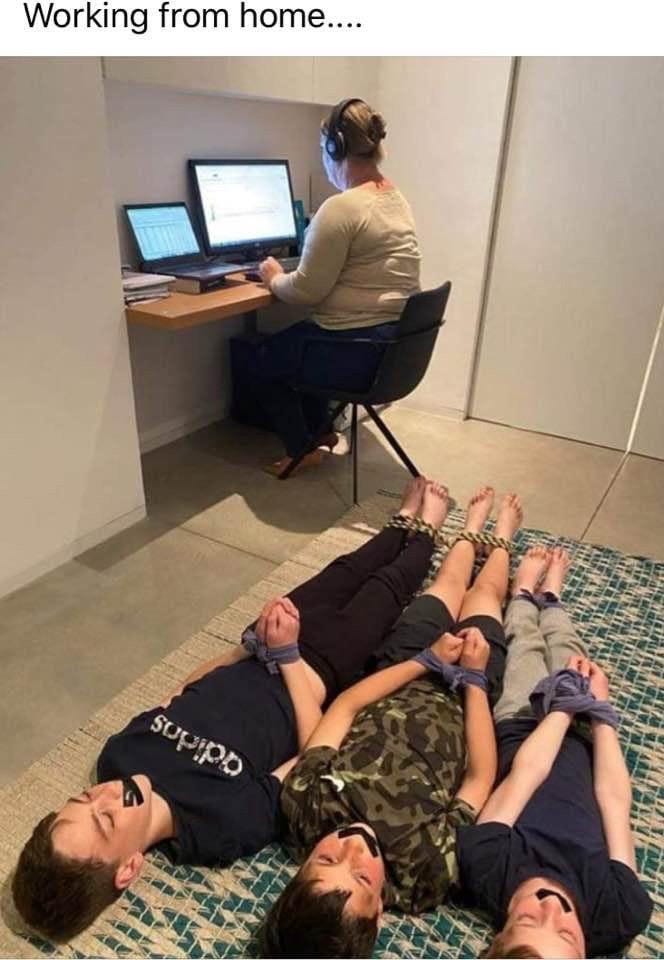COVID-19 pandemic outbreak has influenced businesses in multiple ways. Some companies have incurred losses, closed their offices, canceled bonus payments as well as business trips, and stopped the hiring process. However, there are many teams who have been focusing on technical optimization and saved some money by reorganizing technical processes. Along with the troubles coronavirus brought, a new reality has opened a door of opportunities for software development companies.
One of the new facets that became a part of our everyday routine is remote work. For some people it’s a dream come true, for others it’s a continuous battle with themselves. What are the issues that influence those who work in the software development industry remotely and how can we cope with them?
Risks that we have faced during remote work
Loss of control
Employers believe that managing remote teams is much more difficult than in-house teams. Employees that work remotely are rarely asked to be in charge of the whole project, on the contrary, they are often given specific tasks that rather relate to project implementation. Therefore, specialists who shift to remote mode may slow down at their career progression.
Studies have shown that loss of control increases stress. For instance, the passenger sitting in the front seat of the vehicle is experiencing higher stress than a driver, who keeps everything under control. For a C-suite transitioning to remote work means having less control and going through more stressful situations. The bigger company is, the harder it is to adapt to a COVID-19 season. For smaller companies, it is significantly easier to embrace those changes.
Loss of the corporate culture
Working for a year remotely takes the feeling of being a part of common corporate culture and traditions away. The atmosphere of the company office is the culture carrier and it’s quite challenging to maintain and develop it somewhere else. You may love your job, be responsible and diligent at work, however, staying distant is never easy to experience.
Seeing each other in the office, letting the atmosphere take you over, and understanding how people interact with each other and departments, is crucial. The behavior that is naturally produced in these situations is difficult to recreate in the artificial environment.
People might be afraid that quarantine and social distancing can leave an idea of the society built on the tight social connections in the distant past. Recent research shows that individuals with strong social connections live happier and longer.
Little communication
Do not underestimate isolation. Lack of communication leads to the loneliness that affects a person’s physical and emotional state, especially if you work with management and human resources. Humans are social beings, therefore think who you can communicate with whenever your working time is finished. If you’re spending eight hours at home, spend your free time hanging out and communicating with your friends and family.
It’s worth mentioning that remote communication is always slower than face-to-face in the office. From my personal experience, social distancing significantly restricted my social circle which affected my mental state. Despite the fact that I am an introvert, handling isolation was extremely difficult and I ended up talking to my ficus.






_1758804763-small.webp)

